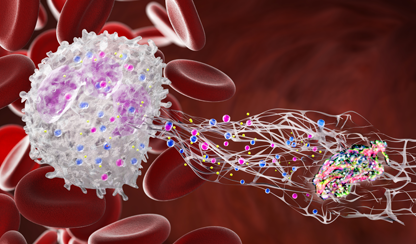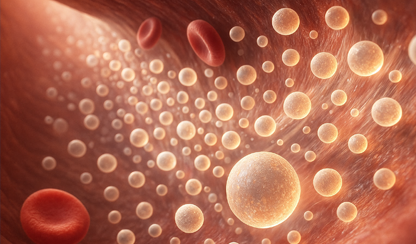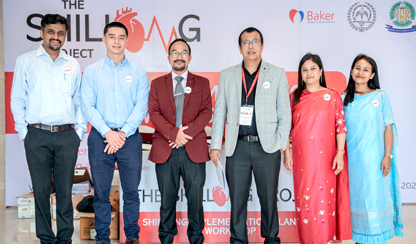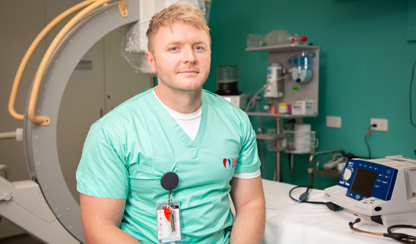22 March 2023
Media release
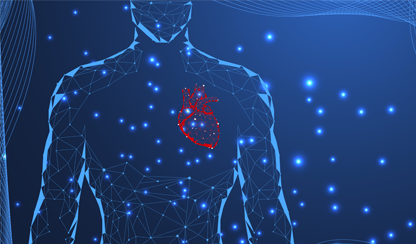
A world-first randomised controlled trial using AI-guided technology to perform an ultrasound of the heart for early detection of heart failure and heart valve disease in remote parts of Australia is being rolled out by the Baker Heart and Diabetes Institute.
Late diagnoses of these heart conditions can lead to avoidable hospital admissions, poorer quality of life, significant expense to the Australian health system and death. Aboriginal people and the elderly experience a disproportionate burden of these conditions.
An echocardiogram, which uses sound waves to produce images of the heart, can determine the cause of a heart murmur, however, national data shows huge geographic variations in access to this important test. Whilst the equipment is inexpensive and portable and amendable to remote interpretation, the test can be technically challenging and is typically done by a sonographer.
In this study, new equipment and software is being trialed to assist health professionals more readily acquire the ultrasound and allow for remote image processing which is largely automated. Cloud-based storage will also enable remote measurement and interpretation.
This trial, supported by $1 million from the Medical Research Future Fund, aims to investigate the effectiveness of artificial intelligence-based echocardiography to triage and manage patients with known or suspected heart disease in rural and remote areas.
A diagnosis of clinical heart failure is associated with late-stage disease which has a poor prognosis (< 50% two-year survival), with symptomatic heart failure the most expensive diagnosis in the health system. The incidence and prevalence of heart failure among Indigenous Australians is higher than other Australians.
A whitepaper led by the Institute on heart valve disease highlighted that hidden ageing or the progressive stiffening of the heart’s blood vessels can lead to problems with small heart valves critical to flow of blood through the heart. It revealed more than half a million Australians have heart valve disease, and more than a quarter of a million Australians have faulty heart valves and are at risk of serious complications and death but don’t know it1.
Among the recommendations in the whitepaper, the Institute called for financial support for the use of emerging technologies. The Federal Government, through the MRFF, has funded this pivotal study through the Baker Department of Cardiometabolic Health at the University of Melbourne, which aims to screen 1200 people living in remote parts of Australia who are at risk of heart failure and heart valve disease.
The study will involve participants aged 40 years and older with at least one heart failure risk factor, recruited through clinic and community outreach sites in the Northern Territory, Queensland, NSW, Western Australia, and Tasmania. The study is being conducted in partnership with Aboriginal community partners.
Cardiologist and chief investigator, Professor Tom Marwick said heart failure was not spread evenly across Australia, with rural and remote Australia carrying a disproportionate burden. This is partly attributed to a particular burden in Aboriginal people, who experience significantly higher incidence and death rates from heart failure at younger ages compared to non-Aboriginal people. Heart valve disease also remains highly prevalent in the Aboriginal community.
“It is important that we look for solutions to ensure equitable access to important tests like an echocardiogram to avoid late diagnoses and poorer outcomes for people in rural and remote Australia,” Professor Marwick said.
Given this strategy has not been tried before in Australia or elsewhere, Professor Marwick said proof of concept was necessary to incorporate AI-based echocardiography in the health system. He said current regulations and reimbursement through the Diagnostic Imaging Accreditation Scheme stipulate the acquisition of an ultrasound by accredited sonographers
For further information or to organise interviews please contact:
Tracey Ellis
T: 03 8532 1514
M: 0433 781 972
E: tracey.ellis@baker.edu.au


